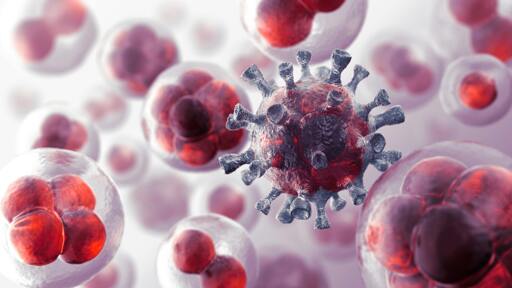This is a exceptionally well written, and cited, review of medical literature - the strength of research, and everything! It has references!
If your interested in the food cancer link, here is a great place to start.
TLDR - Sugar is pretty bad for you, Fructose is pretty bad for you, Seed oils are pretty bad for you… ASF and Fat has been vilified for the evil sugar and processed food have done.
The article was written by a MD, and reviewed by another MD. Every claim cites direct papers. Please feel free to be skeptical and verify everything, just don’t be dismissive.
TLDR : Food is medicine. Whole foods, not processed foods are best. Anything from a factory (in boxes, wrapped in plastic, or seed oils/vegetable oils) is not really great food.
The vilification of ASF (animal source foods) is not from strong science but very weak “associations” in large observational studies - which should only be used as the basis of stronger research - not to change people’s diets.
While we know that meat is a high-quality protein source that also provides a plethora of vitamins and minerals, its relationship to cancer remains backed by weak and conflicting evidence. Thus, for those seeking a complete diet, purposefully excluding meat to reduce the risk of cancer is not backed by compelling evidence and could even lead to inadequate nutrition. The strongest conclusion we can draw — based on the evidence — is that eating charred red meat or processed meat may increase the risk more than eating red meat in general (although the risk is still very low in absolute terms and based on weak evidence).
When considering the mechanisms by which a food could be harmful, we must also consider the potential beneficial effects of that food. For instance, low-carb, high-fat diets can reduce body fat, improve type 2 diabetes and insulin sensitivity, and improve overall metabolic status, all of which can mitigate cancer risk. By reducing these cancer risk factors, we could hypothesize that a healthy, low-carb, high-fat diet could potentially be protective against cancer. This contrasts with the so-called Standard American Diet, comprised of high carbs, high fat, and highly processed and refined foods.
when discussing fats, unsaturated fats in the form of vegetable oils have been used to promote cancer in animal models for decades. These types of fats often contain free radicals that can produce oxidative damage after consumption, which, in some cases, can impart lethal damage upon cells or DNA. This can lead to cancer.
Is everything we eat associated with cancer? A systematic cookbook review
Associations with cancer risk or benefits have been claimed for most food ingredients. Many single studies highlight implausibly large effects, even though evidence is weak. Effect sizes shrink in meta-analyses.
This is the core weakness of observational studies, if you slice your data, you can find an association with ANYTHING!!!


